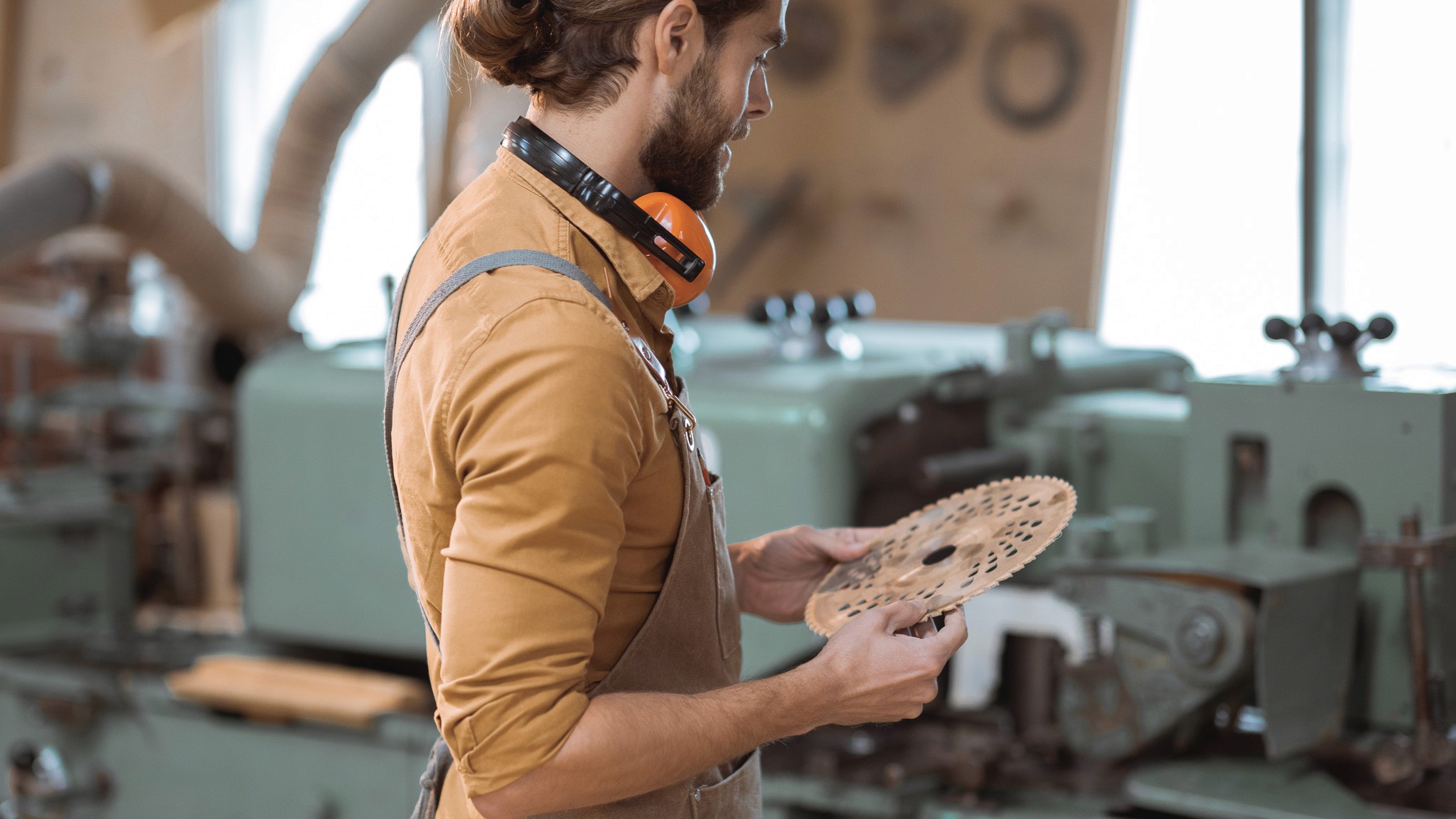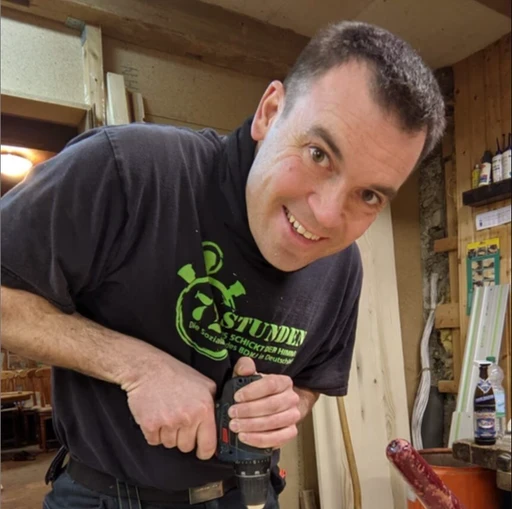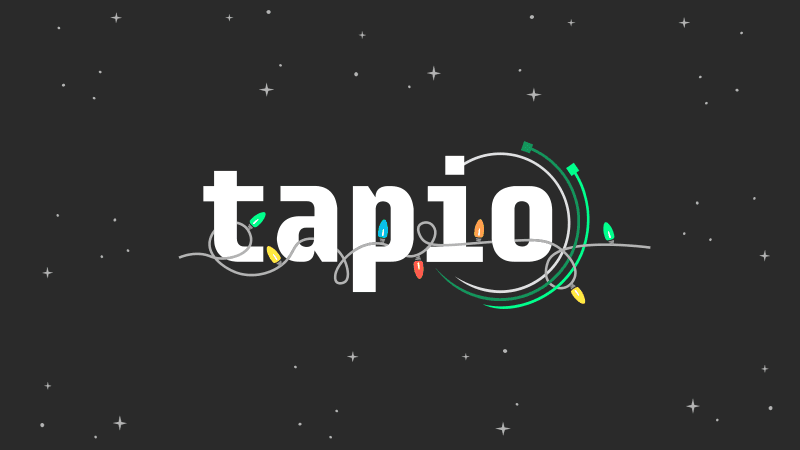Flexible working is not something we learned through the pandemic, but it has never really described our model. The pandemic taught us how to make better use of the types of collaboration and their advantages and disadvantages.
When asked what we understand by flexible working, we found a very similar answer in the team. For us, flexible working is only flexible when we can decide for ourselves when and where we work, as long as no one from the team is disadvantaged as a result. But what does "flexible working" actually mean? Can flexible working be clearly defined? Why do we use flexible working? And how has our working changed as a result of the pandemic?
What do we mean by flexible working?
There is not really a unanimous, clear definition of flexible working. There are several variants and diverse terms, yet everyone interprets it themselves. That's why I talked to Christian about how we define flexible working for us and what we mean by it.
For us, the definition of flexible working is not to have a rigid definition. It's more of a constantly changing project. However, the change does not come from changing specifications, but rather from decisions that are made autonomously within the team. "Flexible working" is more like "autonomous working" for us.
Through the autonomous decisions, a system has developed over the years that did not have to be forced, but rather evolved. When everyone met in the office to work out the next goals, it was because in the physical meeting, direct communication was felt to be better than indirect communication via email or team messages. However, it's just as okay if someone decided to stay home to do concerted work for themselves, then the team supports the decision.
What's important about our decisions is that we keep our goals in mind. Because the only thing we can measure our work by is the result of our work. As long as that is true, we have made sensible decisions. Whether something was right or wrong can only really be judged on the basis of the results.
So in summary, we can say that we have to make decisions on our own responsibility that are goal-oriented.
Why do we work like this?
To clarify the "why", you first have to take a close look at our work. We rarely have a goal for which the solution path is clear. Rather, our challenge is to find a solution path for a desired goal or outcome. Non-existing solutions require creativity and creativity neither happens in a planned way nor does creativity arise under pressure.
In order to create the best conditions for the required creativity, we have developed our self-responsible work. Because everyone knows best for himself when he has his creative phase. Not everyone works in the same way, one person works better in the morning, another in the evening and someone else is at full speed late in the evening. It's just important that each of us finds our time and can use it for the creative phase.
Because if we push someone to work at a time that is rather uncreative or even "bad" for him or her, then working quickly turns into doing time and that in turn has a negative effect on the result.
In addition to the result, the team is also in the foreground when making the decision. If one of us now decides to work in the evening, this is of course of no use if there is something to be clarified with the team at noon. Accordingly, you should always behave in such a way that no one in the immediate team is disadvantaged because of your own rhythm.
What has changed as a result of the pandemic?
Even before the pandemic, we worked independently and decided on our own time and place. Accordingly, not much has changed.
Nevertheless, the pandemic has left its mark. We dissolved our office in Nagold, as it was empty most of the time and we have actually only seen each other via teams since the beginning of the pandemic. The state of the permanent home office has become firmly established in our company. I can at least speak for myself that my social skills have suffered somewhat due to the long time.
Others in the team, on the other hand, have made friends with the permanent home office. The free choice of workplace, the office furnishings and the proximity to the workplace make for more concentrated work and a flexible daily routine. Social skills are kept busy with travel and friends.
It has to be said that as a team we have learned to deal with the current situation. With digital coffee breaks or digital Christmas and summer parties, we have made it through the pandemic well so far.
What would we change after the pandemic?
The state of the permanent home office is both a blessing and a curse. Some people's social skills suffer, while others miss a good lunch. In any case, what everyone lacks equally is the "tapio - spirit".
Most people already agree that we need something like an office day where all colleagues are present on site. This would lead not only to direct communication but also to the reanimation of the organic and genuine "tapio - Spirit".
Therefore, since the opening in 2022, we also enjoy seeing each other physically and we have decided to meet at least every two weeks for the "review" physical. Because it has been shown that the face-to-face exchange is important and we have better discussions in Review, Retro and Planning when we do it live in one place.
What do we want to maintain?
We have had consistently good experiences with our way of working during the pandemic. Our team has developed into a self-reliant, self-organizing and constant "organism".
This makes us flexible for upcoming events, be they of a positive or negative nature.


















